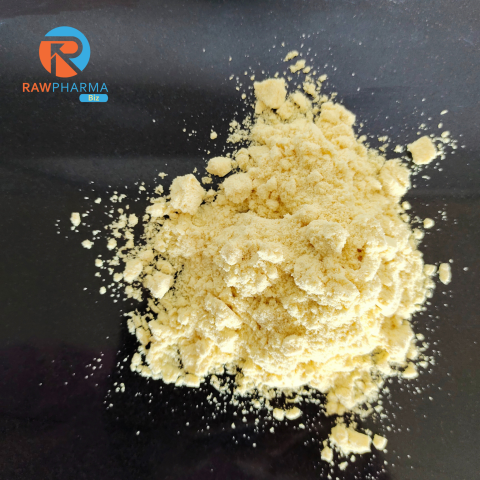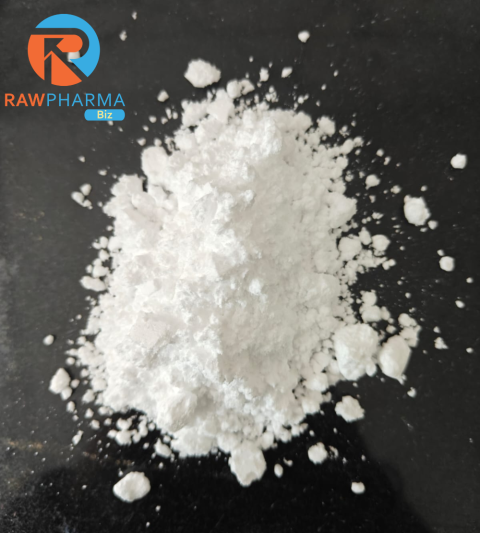Vitamin B1 HCL 25Kg Pack
Short Descriptions
Vitamin B1, also known as thiamine, is an essential nutrient that plays a key role in energy metabolism and the functioning of the nervous system. It helps the body convert carbohydrates into energy and is necessary for the proper function of the heart, muscles, and nervous system. Thiamine is found in foods such as whole grains, meat, and fish, and it is often added to foods like bread and cereals. A deficiency in vitamin B1 can lead to conditions such as beriberi and Wernicke-Korsakoff syndrome.
More Information
Details
Vitamin B1, also known as thiamine, is a vital water-soluble vitamin that is crucial for maintaining proper bodily function. It plays a significant role in the metabolic processes by helping to convert carbohydrates into glucose, which is used by the body for energy. Thiamine is also essential for the functioning of the nervous system, muscles, and heart. It acts as a coenzyme in the synthesis of neurotransmitters and is involved in the transmission of nerve impulses. Additionally, thiamine supports cardiovascular health by aiding in the proper function of the heart and the production of red blood cells.
Thiamine is naturally present in a variety of foods including whole grains, legumes, nuts, seeds, pork, and fish. Many foods, such as bread, cereals, and pasta, are fortified with thiamine to help prevent deficiency. A deficiency in vitamin B1 can lead to several health problems, including beriberi, which is characterized by muscle weakness, cardiovascular symptoms, and nerve damage. Another serious condition resulting from thiamine deficiency is Wernicke-Korsakoff syndrome, a neurological disorder commonly associated with chronic alcoholism. Due to its critical functions, adequate intake of thiamine is necessary to support energy production, nervous system health, and overall well-being.

![Vitamin B3 Feed Grade [Niacin] 1Kg Pack](https://rawpharmabiz.com/cache/large/product/496/83V6W3F4q5tGjlNf4GAXgacOs08OOJOKgJl8IYgB.png)


![Vitamin B3 IP Grade [Niacin] 25Kg Pack](https://rawpharmabiz.com/cache/large/product/280/NNhFkzdLXcYFhvTjxRpANuTgmBiNeZmEXF1qBAQO.png)
![Vitamin B3 IP Grade [Niacin] 100Gram Sample](https://rawpharmabiz.com/cache/large/product/499/CtjtLw9zr427Lj4wdkwMnoF3Z2HxPrMr8hahdw8c.png)
